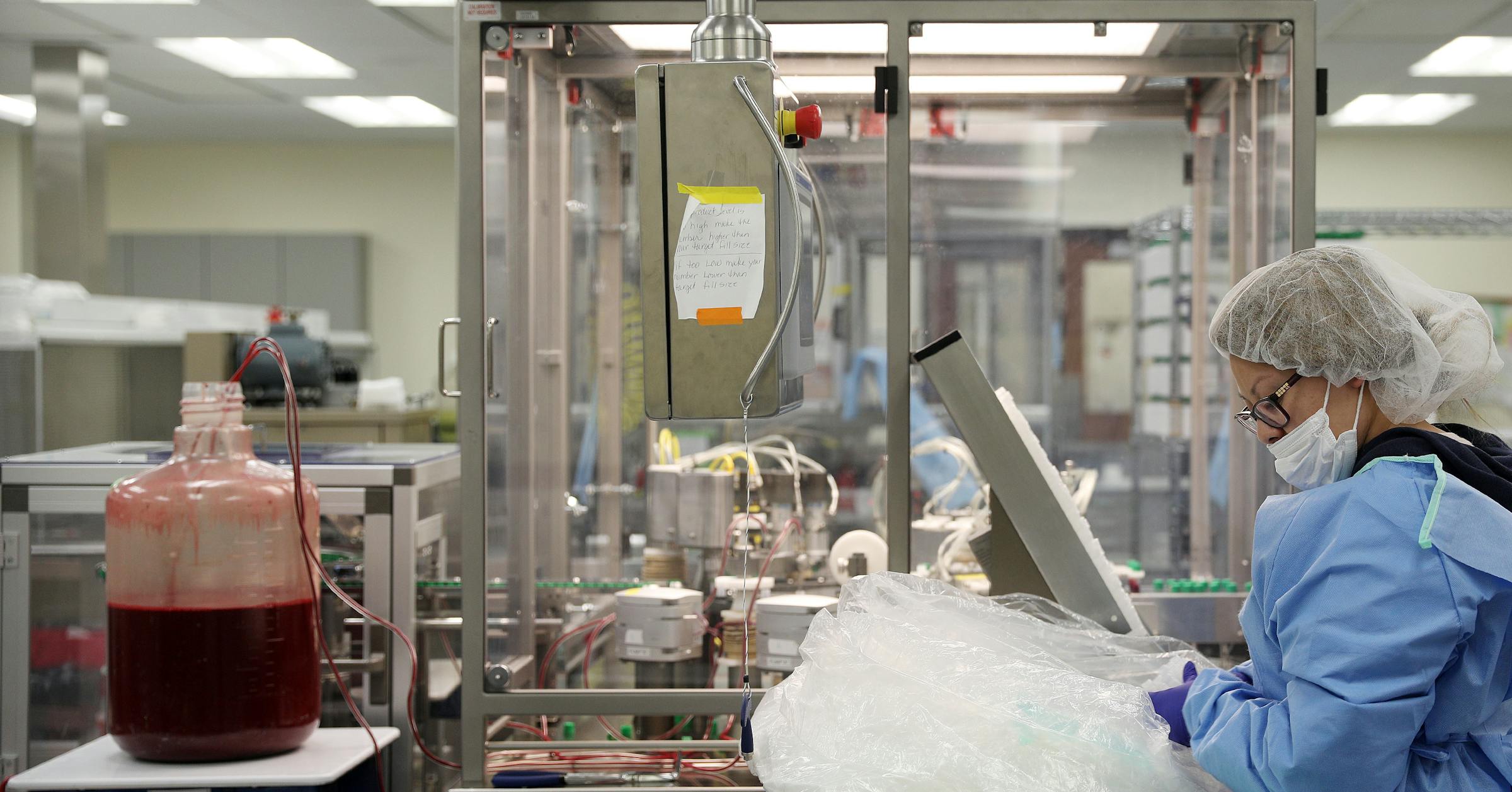
As global societies grapple with the challenges of economic recovery, climate change, and political polarization, experts continue to raise alarms about one of the most enduring and destabilizing threats: unchecked inequality. Recent analyses suggest that widening disparities in income, access to education, healthcare, and housing are not only contributing to social unrest, but also hampering innovation and long-term economic growth.
While debates around inequality often focus on individual responsibility or economic policy, scholars and policy analysts emphasize that structural factors—such as racial discrimination, underfunded public services, and regressive taxation—are central to understanding the growing divide. According to the Organisation for Economic Co-operation and Development (OECD), income inequality has risen in many developed nations, with the top 10% of earners now receiving nearly 10 times the income of the bottom 10%.
The consequences of such inequality are far-reaching. Studies link high inequality to lower social mobility, higher crime rates, poorer health outcomes, and declining trust in public institutions. In the United States, for example, disparities in educational outcomes and income by race and zip code exacerbate cycles of poverty and exclusion.
Public policy experts argue that only comprehensive and inclusive economic reforms can stem the tide of division. This includes investments in public education, healthcare access, affordable housing, and fair labor practices. While some governments have initiated targeted programs to close wealth gaps, many initiatives fall short of tackling the systemic roots of inequality.
Unless deliberate action is taken across political, social, and economic dimensions, analysts warn that societies risk entrenched polarization, stagnant economies, and democratic backsliding. As one expert put it: “Unaddressed inequality is not just a moral issue—it’s an existential threat to the resilience of our communities and our future.”
Source: https:// – Courtesy of the original publisher.








